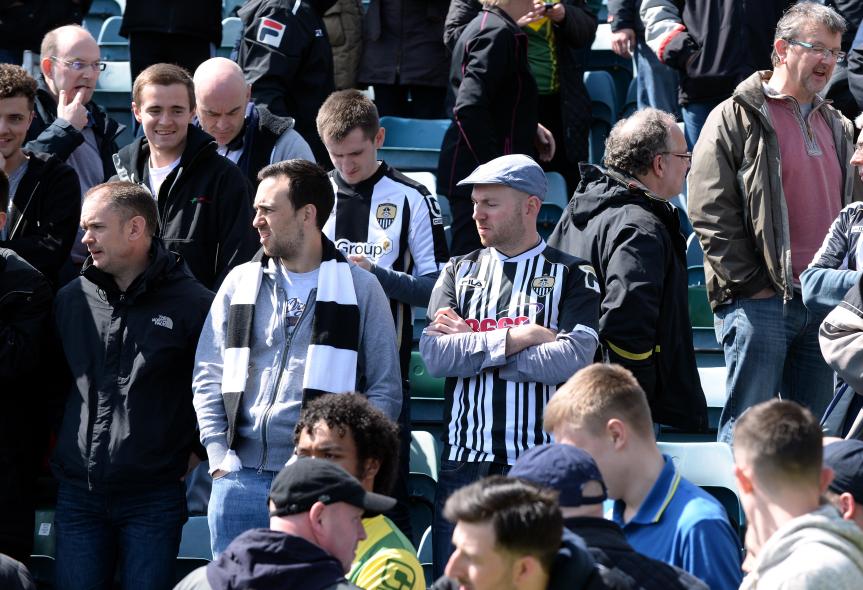MY local club could well be relegated this season. They have been in freefall for months, losing 10 of their last 12 home games and eight of their last nine away. They have won twice in 21 and their last home success was at the end of October. It has been a shambolic campaign that started with so much promise. Now, they have two fixtures remaining and they are one point ahead of the team occupying the last relegation spot. The battle to avoid the trapdoor will undoubtedly go to the final weekend of the season.
Already, the gloomsters are predicting the club will fall all the way through to step five of the non-league pyramid, but there really is no reason to anticipate such a catastrophe. In the past, relegation has been followed by promotion bids, plenty of goals and no great disasters at the turnstiles. It has often been a time to reset and get used to winning regularly again.
Relegation should not be seen as the end of the world – there are other people doing their best to bring about the demise of the planet. Relegation should be seen as a consequence of a bad season, a substandard team and flawed strategies. It should not be seen as terminal but something you have to deal with in a sport based on meritocracy.
As we have said time and time again, football has such a narrow margin of success that treating relegation as the biggest of all disasters that cannot be remedied is allowing your emotions to be torn apart by a game. In the big time, relegation from the Premier League can be a financial challenge that some take years to overcome, but outside of that and going down the football food chain, it need not be a seismic event. Certainly it requires some adjustments at any level, but a successful promotion-seeking season can remedy a lot of deep-rooted problems.
Occasionally, relegation of a club that has been having problems for some time can allow the victims to launch a fresh start at a lower level where the spotlight might not shine quite so bright. That’s the positive from a change in fortunes, but it goes without saying that a club that cannot dig itself out of a rut could suffer consecutive relegations.
The drop can be a cyclical thing. In the case of my local club, relegation came in 1988, 1998 and 2009. These three occasions have very similar gaps in the timeline while promotion back to step three has come in years five, one and two. On that basis, the cycle suggests relegation is actually overdue and that the club is arguably too big for step four, but finds it challenging to sustain step three.
Everton’s catastrophic season may well end with the club being relegated for the first time since 1951. They took three years to get back to the top flight. Liverpool went down in 1954 and spent eight to regain their place in the first division. Both Manchester United and Tottenham suffered relegation in the 1970s, but came back immediately. Chelsea’s decline in the 1970s saw them spend two years in the second division (1975-77) before returning, but by 1979 they had been relegated again and then endured five years in the wilderness. Arsenal have not been relegated since 1913 but were given a “get out of jail” card when the top division was expanded to 22 clubs even though they had finished fifth in the second division in 1914-15. It seems increasingly unlikely the very top clubs will ever get relegated, but if you had launched that same argument 40 years ago, Everton would have featured among the elite. No matter how secure a club seems, circumstances and bad judgement can rapidly lose their status and reputation. Importantly, any club that does get relegated has to learn from setbacks and realise why things went wrong in the first place. It really isn’t just a case of bad luck.

